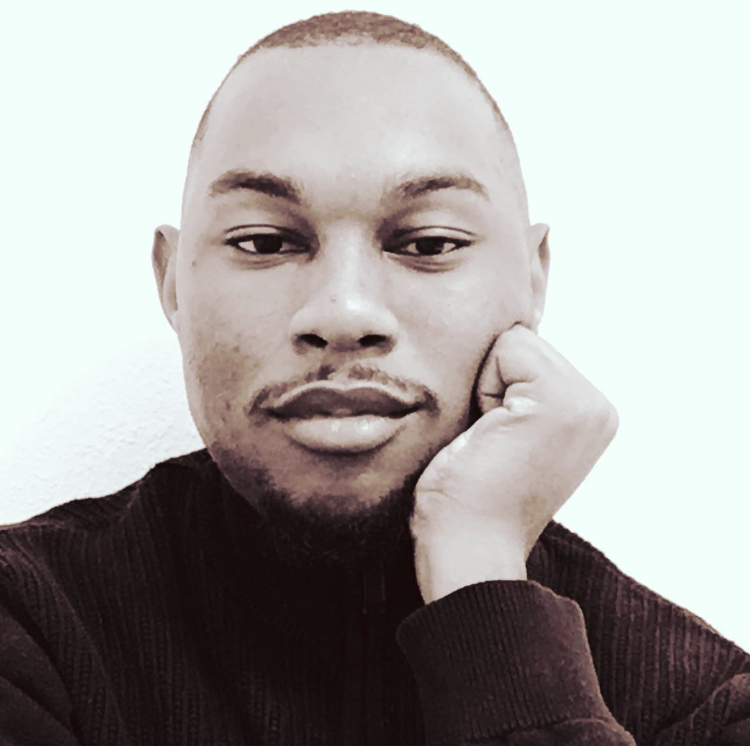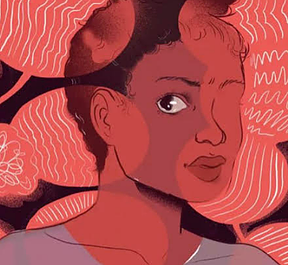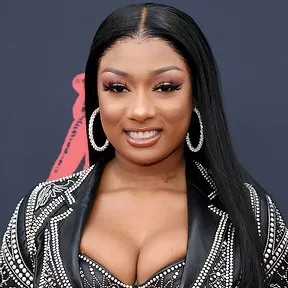Preview in new tab(opens in a new tab)
 Early in July, American rapper Megan Thee Stallion was shot in Los Angeles. The shooter was later identified as fellow Black artist Tory Lorenz. Throughout social media, the Houston native was mocked and made fun of despite making clear how serious her injuries were. This behavior flooded the social media channels and shed an age-old trope within Black culture- the intentional violence and neglect against Black women.
Early in July, American rapper Megan Thee Stallion was shot in Los Angeles. The shooter was later identified as fellow Black artist Tory Lorenz. Throughout social media, the Houston native was mocked and made fun of despite making clear how serious her injuries were. This behavior flooded the social media channels and shed an age-old trope within Black culture- the intentional violence and neglect against Black women.
Black feminist Moya Bailey coined the term “misogynoir” in 2010. Bailey argues misogynoir is “the anti-Black racist misogyny that Black women experience. Bailey’s term mirrors the familiar terms such as Alice Walker’s “womanism” and Frances Beal’s “double jeopardy”. Collectively, these women speak to the experiences of Black women. Several scholars have argued the unique experience of being Black and female-at the epicenter of race and gender. The mistreatment of Black women at the hands of Black men is also an age-old trope, especially in hip-hop.
Why did Black men on social media seem to denounce the severity of Meghan Thee Stallion’s injuries? Because to them, Meghan Thee Stallion was not a human being worthy of being protected. She was a reduced fraction of sexual desire through the Black male gaze.
 Black men occupy the same space as White men do with the Black community. Writer Taylor Crumpton in her 2020 Harper Bazaar article, “Women in Hip-Hop Cannot Thrive While Misogynoir Exists”, argues that, “hip-hop, a genre born from the over abuse and brutality Black communities have suffered by law enforcement, upholds the patriarchy. It’s one of the few spaces where Black men can emulate the power ideals of whiteness.” Hip-hop can often be seen like a fraternity and in doing so, lines of gendered violence can become very blurred.
Black men occupy the same space as White men do with the Black community. Writer Taylor Crumpton in her 2020 Harper Bazaar article, “Women in Hip-Hop Cannot Thrive While Misogynoir Exists”, argues that, “hip-hop, a genre born from the over abuse and brutality Black communities have suffered by law enforcement, upholds the patriarchy. It’s one of the few spaces where Black men can emulate the power ideals of whiteness.” Hip-hop can often be seen like a fraternity and in doing so, lines of gendered violence can become very blurred.
To understand the concept of the Black male gaze, it is important to unpack the theory of the white male gaze coined by feminist theorist Laure Mulvey and feminist and media scholar Jean Kilbourne. Both women argue the role that the reduction and objectification of women in film and media plays a huge role in the practice of violence against women.
Arguably, the same phenomenon plays out when examining the case of Black female rappers. Starting in the mid to late 90’s, what many refer to as the golden age of hip-hop, the pendulum began to swing in a different direction. With the emergence of female rappers Lil Kim and Foxy Brown, the image of the female rapper became heavily sexualized. About twenty-five years later, with the rise of current female rappers Cardi B, Nicki Minaj, and Meghan Thee Stallion, the framework is still heavily present.
Meghan Thee Stallion is a female rapper that bases her artistry on female empowerment. Few might argue her use of twerking in her music videos and her sexual confidence becomes a reason for sexual objectification and misogynoir. Few might denounce the argument of Bailey, Mulvey, Beal, Crumpton and maintain that hip hop is entertainment and does not influence its audience.
With the recent murders of Black women such as Breonna Taylor and social media attacks against Black women like Stallion, this begs the question does that argument stand?





